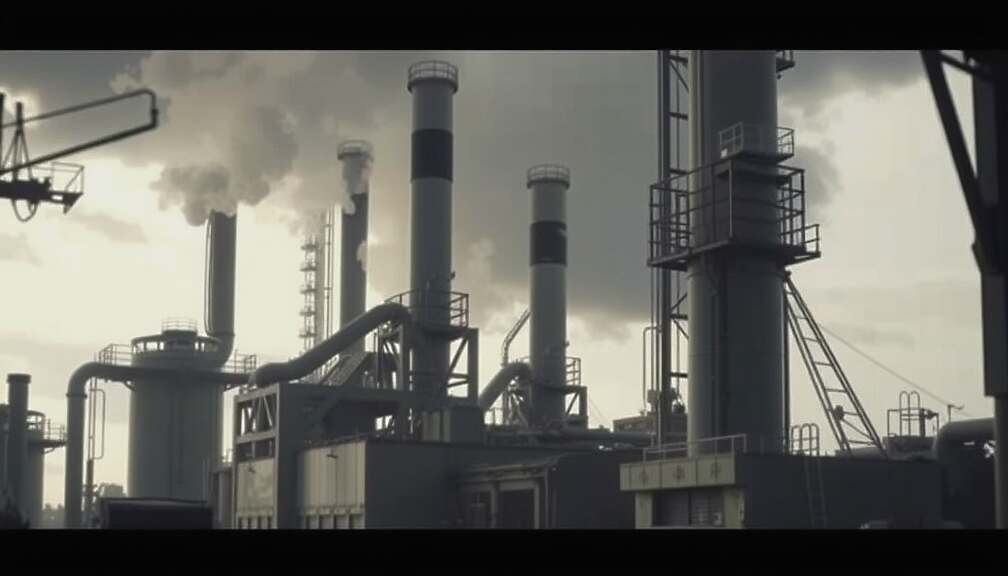The German government’s planned industrial electricity price, intended to bolster domestic industry against rising energy costs, is facing scrutiny over its efficacy and potential limitations, according to a newly revealed concept paper. An alliance spearheaded by the state-owned German Energy Agency (Dena), alongside think tanks Epico Klima-Innovation and Agora Energiewende, has outlined a proposal aiming to subsidize energy-intensive businesses, capping their electricity rates at approximately five cents per kilowatt-hour for half of their consumption.
The framework, detailed in a report seen by the Handelsblatt, proposes leveraging the EU’s “Kube List” – a register of companies with substantial energy needs operating in international competition – to define eligibility. This would cover roughly 2,000 German companies collectively consuming around 100 terawatt-hours annually. The initial subsidy is projected to cost the federal government €1.5 billion, a figure rising to €4.5 billion over the program’s three-year legal lifespan under EU state aid regulations.
While proponents argue the measure is crucial to retain industry and encourage investment, voices within the drafting group are voicing concerns. As Epico founder Bernd Weber stated, the industrial electricity price represents a “painkiller” acknowledging it “doesn’t heal the causes of investment migration”. The design primarily addresses the symptom, not the underlying structural issues.
The concept paper highlights the need for parallel structural improvements to ensure the viability of competitive industrial electricity prices in the medium term. These include bolstering Power Purchase Agreements (PPAs) – direct contracts between companies and renewable energy operators – potentially through investment guarantees and maintaining the ambitious pace of renewable energy expansion.
The announcement, made by Federal Minister for Economic Affairs Katheine Reiche (CDU), confirmed the initiative’s planned launch on January 1, 2026, suggesting negotiations are nearing completion. However, the reliance on temporary subsidies and the call for complementary structural reforms underscore the complex challenge of securing Germany’s industrial competitiveness in a rapidly changing energy landscape. Critics are questioning whether the short-term solution will be enough to address the fundamental vulnerabilities within the country’s energy infrastructure and its impact on long-term investment decisions.












